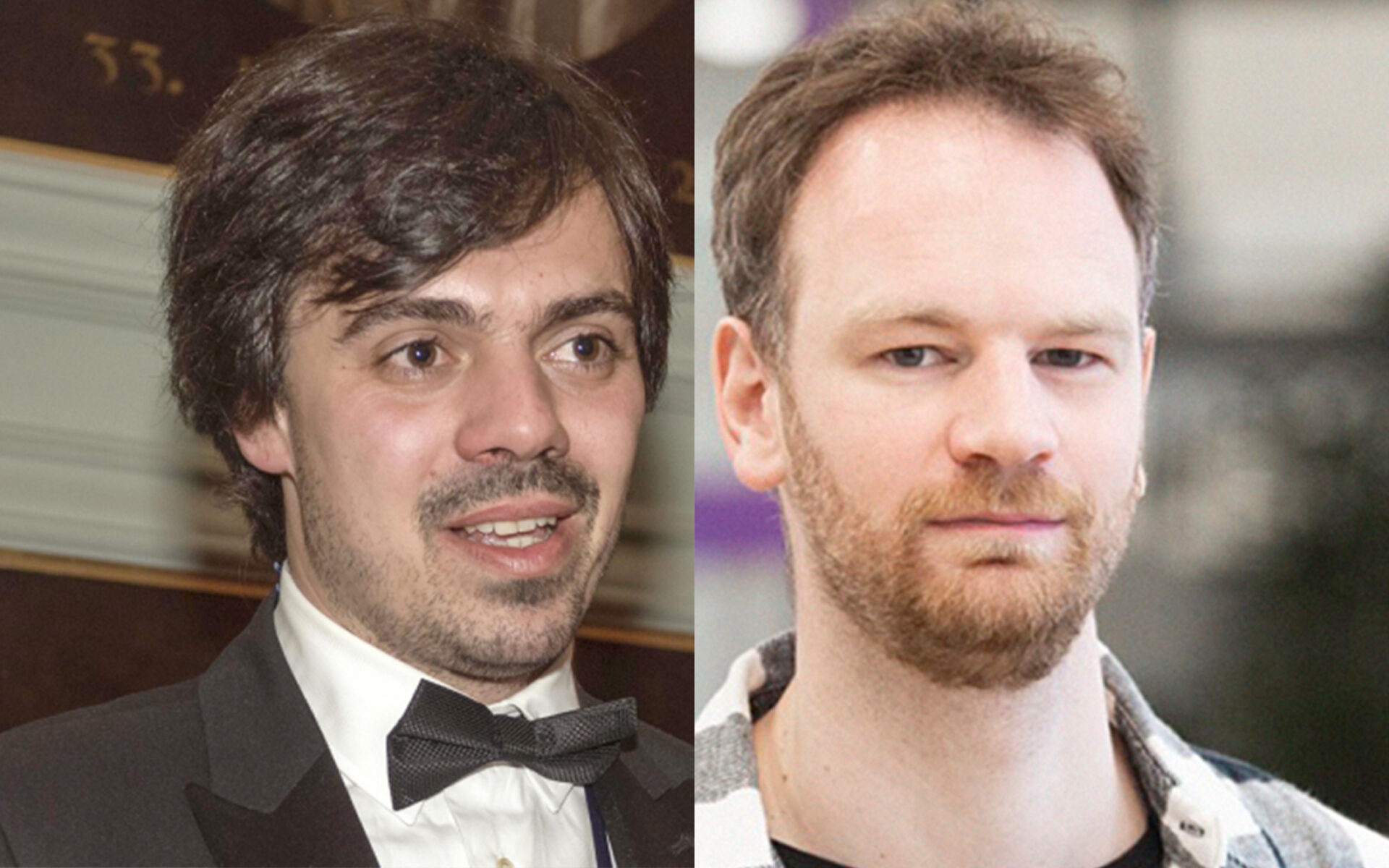
There Never Was a West / Greg Yudin and Mirko Canevaro
The third discussion of Graeber’s essay “There Never Was a West”: A conversation between Greg Yudin and Mirko Canevaro, in the frame of “The Ultimate Hidden Truth of the World…”.
The third meeting of “The Ultimate Hidden Truth of the World…” reading group, the last one of 2024, will be a conversation between sociologist Greg Yudin and historian Mirko Canevaro.
In one of his most compelling essays, Graeber debunks the notion that there has ever been a singular entity known as “the West”. He specifically critiques the idea that democracy is a “Western” invention and questions the reverence for ancient Athens as a model of democratic governance. IN this discussion, we will explore how to separate democracy from the project of “Westernization” and examine the lessons the Athenian experience offers for this task.
Graeber’s essay makes at least two key claims. First, the concept of the “West” is a relatively recent ideological construct, created to justify the hierarchy divide between the West and the Rest. Second, democracy – as a practice of collective self-government – is ubiquitous, not limited to the West, and os most often found outside the intellectual traditions controlled by elites. Each of these arguments probably could likely merit its own paper. Why, then, does Graeber choose to deconstruct the idea of the “West” through the lens of democracy? And, conversely, why does the promotion of democracy today require dismantling the myth of the “Western tradition”?
Graeber’s argument about democracy is grounded in the methodological principle that a phenomenon (democracy) should not be understood solely by the concept used to describe it. In this sense, he argues that Athens is not a natural starting point for drawing lessons about democracy. This stance challenges certain influential methodologies in intellectual history, and Graeber consistently rejects a kind of nominalism: for instance, he believes that the state emerged long before the intellectual frameworks developed in sixteenth-century Europe. More significantly, his approach places him at odds with thinkers like Cornelius Castoriadis, who explicitly modelled radical democracy on Athenian practices. What are the strengths and weaknesses of Graeber’s methodology for the theory of democracy?Greg Yudin on “There Never Was a West”
It has often been argued that the modern identification of democracy with majority rule and representation is problematic in several ways. Instead, Graeber maintains that a truly democratic enterprise is centered on reaching consensus. For this reason, he tends to downplay the Athenian experience, which he sees as overly focused on voting. However, as Mirko Canevaro argues in response to Graeber (while sharing a similar ideal of democracy), Athenian voting mechanisms can be understood as a means to establish consensus through the creation of supermajorities. What role does conflict play in this conception of democracy? Should we view the existence of parties or social divisions (such as class) as inherently detrimental to democracy? Does this assumption require a baseline homogeneity within a self-governing community? And how does this reconcile with Graeber’s belief that the coming together of diverse popular practices can serve as a true “laboratory” for democracy?
This will be the final session of the group in 2024. The meetings will continue next year. Follow us on social media to get the latest updates on the schedule for 2025.
Register here.
View the full program of “The Ultimate Hidden Truth of the World…” reading group here.
Greg Yudin is a professor of political philosophy and an MA program head at The Moscow School of Social and Economic Sciences. He studies the political theory of democracy with a special emphasis on public opinion polls as a technology of representation and governance in contemporary politics.
Yudin holds a PhD in philosophy from the Higher School of Economics, Moscow with a dissertation on Edmund Husserl’s phenomenology of science. Currently, he is working on a second PhD in politics at The New School of Social Research in New York. His book Public Opinion: The Power of Numbers was published in Russian by European University Press in 2020. He has also edited a collective volume entitled Living in Debt, on the effect of consumer credit on the life of communities in Russia (Saint Tikhon University Press, 2020).
He teaches political philosophy and social theory at the Moscow School of Social and Economic Sciences and the Higher School of Economics (Moscow). Since 2024, he has been a research scholar at the University Center for Human Values, Princeton University.
Mirko Canevaro is Professor of Greek history at the University of Edinburgh. He has worked extensively on the institutional and social history of ancient Athens and the Greek city-states. He has published extensively on Athens’ legal and political institutions, on Greek political decision making and constitutionalism, on conceptions of honour, rights and recognition, and on ancient political thought (Aristotle in particular) in dialogue with modern political and legal theory.
He studied for a BA (2006) and an MA (2008) at the University of Turin, received a PhD from Durham University (2011), and has held research positions at the British School at Athens and at the Universität Mannheim and Visiting Professorships at the Universities of Cagliari, Siena, Queensland, at the Turin Humanities Programme in Torino, and at the EHESS in Paris. His research has been funded by the Alexander von Humboldt Foundation, the AHRC, and the Leverhulme Trust, and he has been awarded two ERC grants, one on ‘Honour in Ancient Greece’ (2018-2023) and one on ‘Class Struggle in Ancient Greek Democracy’. He has also received significant honours and awards: the Philip Leverhulme Prize; the University of Edinburgh Chancellor’s Rising Star Award; the Royal Society of Edinburgh Thomas Reid Medal. He was elected in 2019 to the Academia Europaea and in 2022 to the Royal Society of Edinburgh.
